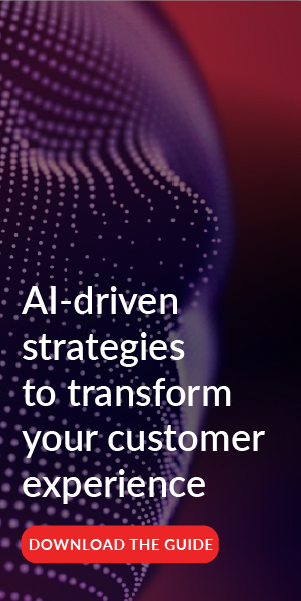Topics
What is the Future of Information Exchange?

Most of us will lend our information in the name of convenience. Currently, 82% of consumers want a more personalized shopping experience. But with hacks like the Ashley Madison scandal, is this really the best way? And how should we evolve?
Personalization: The New luxury
"The new definition of luxury is being able to be empowered to select the service level that she wants, when she wants, on the device that she wants."
—Emily Culp, SVP of Omnichannel and E-Commerce for Rebecca Minkoff
It’s clear that people want a tailored experience, when and where they want it. There is a clear value – from the total brand experience down to the granularity of a Facebook ad. Most of us our willing to exchange information to a brand we trust, as we recognize the value of what we’re providing as well as the value of personalization.
The Value of Our Information
According to an Aimia global study of 20,000 individuals in the UK, 71 per cent rank their data as valuable, and 30 per cent ranking it as highly valuable. Almost half of the group said they were willing to exchange their data for offers or rewards.
However, most companies aren’t capitalizing on consumers’ thirst for personalization due to a myriad of concerns, including data transparency issues or scandals such as the Ashley Madison hack. What’s needed is a clear exchange of value that both the consumer and business understands and trusts.
What’s Next?
Brands and technology companies (and Ashley Madison) have done a lot to erode customer trust. But as long as consumer demand for personalization is there, we’ll move forward, perhaps only with a few organizations. Google, for example, is already implementing information exchange on a wide-scale, making its’ personalized services suggestive rather than though polling users.
However, I’d like to see more companies coming forth with a clear, transparent approach to data exchange, instead of ignoring it or being dishonest about it. Progress is inevitable, and it’s better for everyone to have an economy of viable options than only a few brands that get it right.
What do you think about big data and the information exchange? Let us know in the comments section.

